News
- Details
- Category: News
- Created:
As decided during the General Assembly in 2020, we meet once a month for a group meditation and sharing on planetary synthesis and service activities.
The first meeting took place on Sunday, 7th June 2020, at 2 PM CET, 12 PM (noon) GMT, 9 AM Brazil time and it is repeated every first Sunday of the month.
All IPS friends and co-workers are invited to participate in these meditations on the first Sunday of the month. An invitation is sent every month to the entire mailing list.
The meetings are held in English, but help with translation from French, German, Portuguese or Spanish is provided.
The meditation outline used is the meditation for planetary synthesis, which can be downloaded from the "Meditation" pages on the IPS website, as well as a video of the meditation.
Recordings of these meditation meetings are available at this google drive folder.
- Details
- Category: News
- Created:
TRANSFORMING OUR WORLD IN HARMONY WITH NATURE, INTEGRATING NATURE INTO THE IMPLEMENTATION OF THE SDGS
Nature is fundamental to the Economy and Society, the other two dimensions of sustainable development: It provides the resources that fuel the economy and human life itself. Moreover, while we, human beings, create our societies and economies, we are an integral part of Nature. We consist by virtue of the air we breathe, the water and biodiversity that nourishes us and our life energy: We are an integral part of Nature. Living in harmony with Nature requires not a human but a Nature-centric intuitive, approach.
After the two years during which the SDGs were being developed it became clear that social and economic concerns were being dealt with more urgently than our rapidly deteriorating relationship with Nature and thereby human beings were transgressing Nature's planetary boundaries necessary for human life.
The Partnership on the Rights of Nature. Integrating Nature into the Implementation of the SDGs, of which the IPS was a founding member, consisting of academics, indigenous peoples, civil society organizations and Nature communicators undertook as a part of the UN's Partnership Exchange to write reports, based on input from around the world, whereby a Nature-centric approach would be applied to all of the SDGs and almost all of the targets. They both completed these reports, and brought them together in this trilogy, arranged according to the SDGs that were the focus of discussions at the High Level Political Forums in 2016, 2017 and 2018, respectively. These are teaching manuals, reference works, and guides for government ministries, whch can be used as follows:
1. To get insight into what constitutes a Nature-centric approach, read the Executive Summaries of the books that contain the goals that interest you most; and then read the Introductions and Conclusions to each of the 9 chapters in Part Two of the first book, mentioned below. This book was written last and contains most diverse features.
2. To get ideas about how a Nature-centric approach can be applied to any of the SDGs or targets, just consult the relevant report. These are mentioned beside the appropriate link.
3. If you are part of a government ministry or a civil society organization, check the chapter(s) in Part Two of each of the three books for “Means of Implementing” those SDGs that relate to focus of your work (SDG 17. Means of Implementation.)
Here are the links:
Transforming our World in Harmony with Nature. Integrating Nature into Rights of Nature: Integrating Nature into SDGs 1, 2, 3, 5, 9, 14 and 17
Transforming our World in Harmony with Nature. Integrating Nature into Rights of Nature: Integrating Nature into SDGs 6, 7, 11, 12, 15 and 17
Transforming our World in Harmony with Nature. Integrating Nature into Rights of Nature: Integrating Nature into SDGs 4, 8, 10, 13, 16, and 17
- Details
- Category: News
- Created:
Our small group that studies the yoga sutras of Patanjali met once again yesterday, 29 May - May Call Day, a day instituted by Master C.V.V. as a day in which the Master "may call".
The study group on the yoga sutras of Patanjali started about one year ago to meet about once a month for reading the book "Lessons on the Yoga of Patanjali", by Dr. E. Krishnamacharya. It was a proposal made by Sally Curry, the IPS President. The proposal of creating this group was welcomed by Dr. Anantakrishna, who is the eldest son of Dr. Krishnamacharya, in the following words: "The Yoga of Patanjali is the core book on the Science of Yoga. There exists several commentaries and explanations on this book, but the lectures given in 1981 by Master EK in Geneva are really a boon to all the seekers of the world who really want to enter a yogic life and not just remain confined to a so-called yoga practice which is far from real life. This book, "Lessons on the Yoga of Patanjali", which contains the text of these lectures, is so important because here Master explains the subject without using any technical terms and with many examples from real life. He explained the subject in a most appealing manner to the people from both Occident and Orient. I appreciate this effort of circulating these lessons to people at large all over the planet. May the Master bless us all in this global work."
Dr. Anantakrishna also authorised the IPS to to copy any part of this book to circulate for interested persons anywhere on the planet. We plan to make the various chapters of this book available as lessons to be mailed once a month upon request to persons interested in studying them.
As part of this study, we also practice the meditation and pranayama exercises taught by Dr. Krishnamacharya. After we finished the "Lessons on the Yoga of Patanjali", we started reading the book "Yoga of Patanjali" as presented by Dr. Krishnamacharya, supplementing it with the corresponding passages from the book "Light of the Soul", by Alice A. Bailey, which is also an explanation of the yoga sutras of Patanjali. Yesterday, we finished the chapter on Book III of the yoga sutras of Patanjali.
- Details
- Category: News
- Created:
A written statement by the IPS for the next session of the ECOSOC has been accepted for distribution to all delegates.
The statement was written by Sara Nora Ross, in cooperation with the dynamic group that is working together with Lisinka Ulatowska, the IPS representative at the UN in New York. Lisinka is the founder of the All-Win Network, and has extensive experience lobbying at the UN.
The theme of the statement is the Global Commons. It is now document E/2010/NGO/29, available in all official UN languages at the website of the United Nations. The best way to get a copy of the document is to google E/2010/NGO/29, then click on the first result of the search ("AGCM Access"). The statement is availalbe both as a Word document and as a pdf.
- Details
- Category: News
- Created:
In the past weeks we have participated as observers in the 19th Session of the Human Rights Council. As our contribution to this gathering, we have prepared a flyer on a new world order oriented towards the common good, based on the book “The Externalisation of the Hierarchy”. It was laid out on the desks assigned for NGOs during the meeting, and emailed to all our friends and co-workers worldwide.
The original text was written in 1945, just after the end of World War II, as the preparations for reconciliation and reconstruction were just starting. We have left out the passages relating exclusively to that period. This text concerns the work still remaining to be done to achieve a new world order based on right human relations.
- Details
- Category: News
- Created:
We are glad to announce that on Monday 19 December the plenary of the General Assembly adopted the Declaration on the Right to Peace by majority of its Member States in resolution A/RES/71/189.
A process of 20 years, after the first attempt by UNESCO in 1997, is over.
A detailed article on the Declaration, written by David Fernandez Puyana, was published in Elaph, a leading independent newspaper for the whole Arab region.
Click here to read the article.


 Join a global network of pioneers, people breaking new ground in ten fundamental fields of activity, helping to prepare the coming world civilisation.
Join a global network of pioneers, people breaking new ground in ten fundamental fields of activity, helping to prepare the coming world civilisation. 

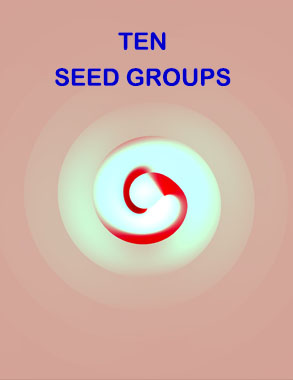
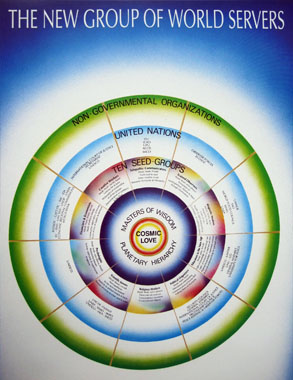
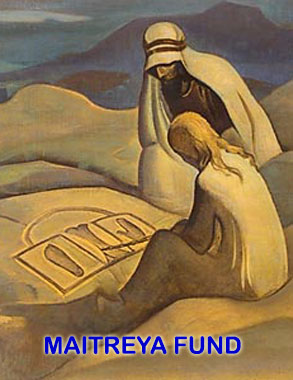
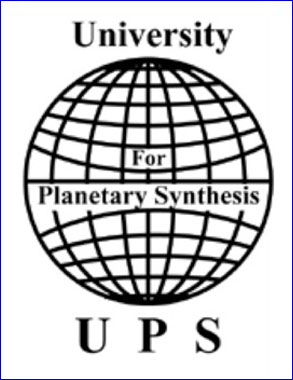

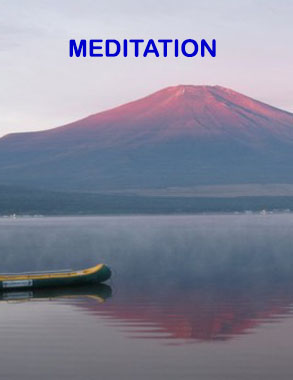
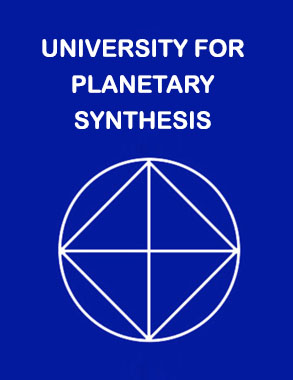
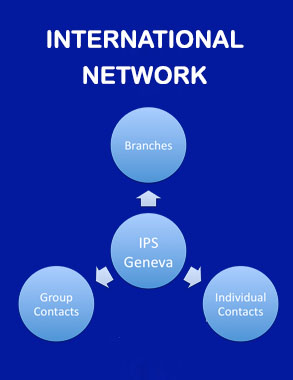

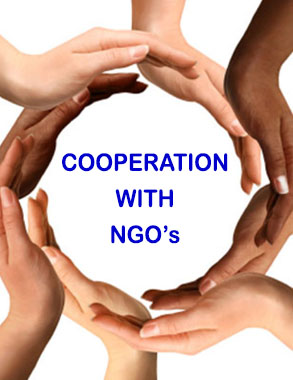
 Most of our publications (booklets, reports, newsletters, etc.) are available for download, in PDF and in several languages.
Most of our publications (booklets, reports, newsletters, etc.) are available for download, in PDF and in several languages.